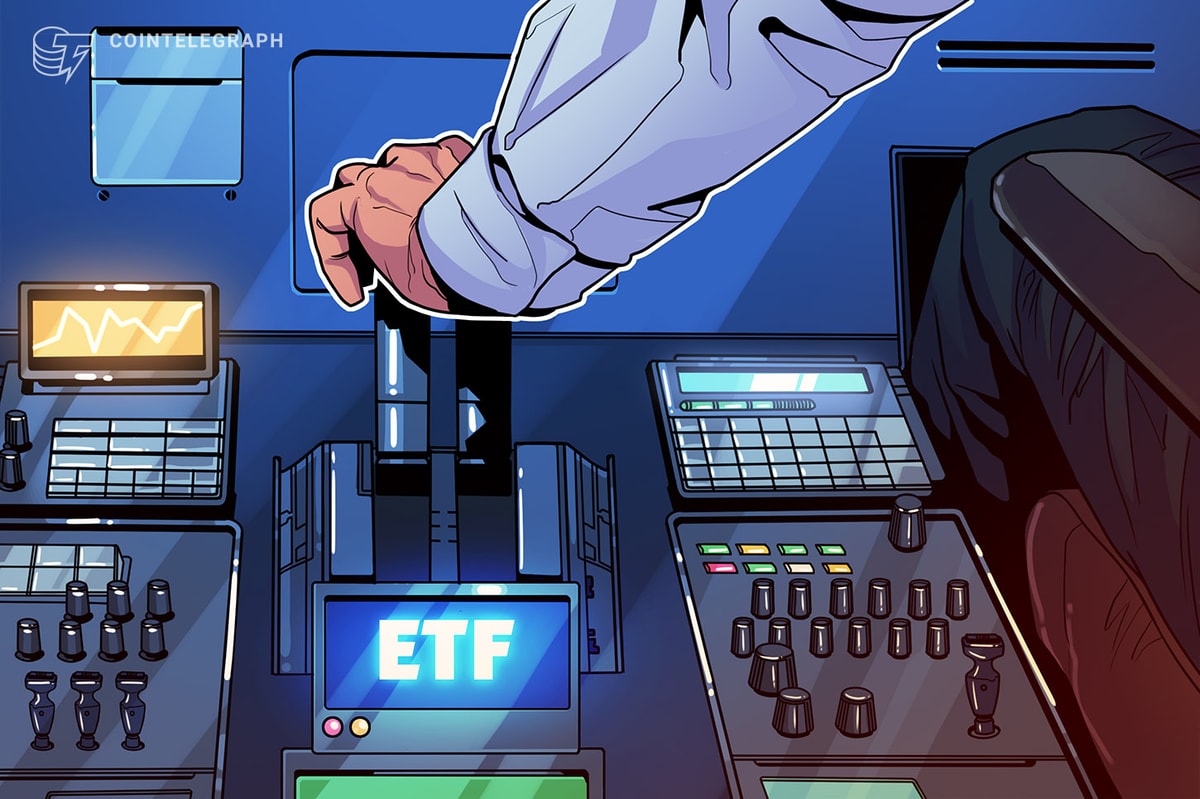Businesses operating a digital currency automated teller machine (ATM) or an exchange platform in Quebec must obtain the appropriate license from the financial regulator, the Autorité des Marchés Financiers (AMF), in accordance to the Money-Services Businesses Act.
The authority, which issued a public statement on Thursday February 12, said that companies involved in trading digital currencies, or which are operating a digital currency ATM, must hold the appropriate license and be authorized by the AMF, the regulatory and oversight body for Quebec's financial industry.
The AMF further indicated that it had published the amendments to the Policy Statement to the Money-Services Businesses Act, which intend to reflect the legal framework set under the said Act that governs these particular types of economical activities in the province of Quebec.

Digital currencies still not regulated
While the AMF is overseeing those businesses, the authority is not regulating digital currencies, and further warns consumers of the risks associated with dealing with digital currencies, notably volatility and liquidity risks.
The authority stated:
"Transactions involving virtual currency are not covered by the financial services compensation fund or the deposit insurance fund.
Quebeckers should therefore be careful with virtual currency transactions as they may incur losses that are not covered under current compensation or deposit insurance plans."
The AMF also noted that the nearly anonymous characteristic of digital currency transactions and their low costs might incentivize fraudsters to set up Ponzi schemes and scams. Digital currency might also be used to facilitate fraudulent transactions or fabricate fraudulent investments, the authority added.
Money-Services Businesses Act
The Money-Services Businesses Act, which came into effect on April 1, 2012, implies that businesses providing money services, including conversion, fund transfers, issuance or redemption of traveler’s checks, money orders or bank drafts, check cashing, and the operation of a privately owned ATM, must acquire the appropriate licensing from the AMF.
The said Act also stipulates that such enterprises must provide certain information, notably about their directors, officers, partners, as well as lenders.
Applications are reviewed by the AMF, the Sûreté du Québec and the local municipal police.
Bitcoin ATMs surging in Canada
Canada is currently the second nation to host the largest number of Bitcoin ATMs with 61 devices, according to CoinATMRadar.
In Quebec alone, there are currently 19 machines, indicated Sylvain Théberge, a spokesperson for the AMF. The first Bitcoin ATM arrived last year, in the city center of Montreal.
Jillian Friedman, a cryptocurrency and e-commerce lawyer and counsel for the Bitcoin Embassy, told local media outlet Le Devoir:
"The AMF announcement allows [us to] have [further] clarification, but I am surprised that it was issued before publication of rulings from the Financial Transactions and Reports Analysis Center of Canada, the FINTRAC."
According to the Bitcoin Embassy, the AMF announcement shows that "Bitcoin is indeed a legitimate alternative to the actual monetary and financial system."
However, the organization worries that Quebec's regulatory framework might be stricter than the potential legal framework of FINTRAC.
Did you enjoy this article? You may also be interested in reading these ones:











